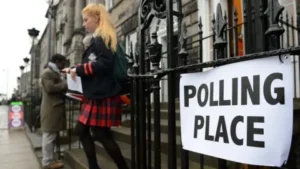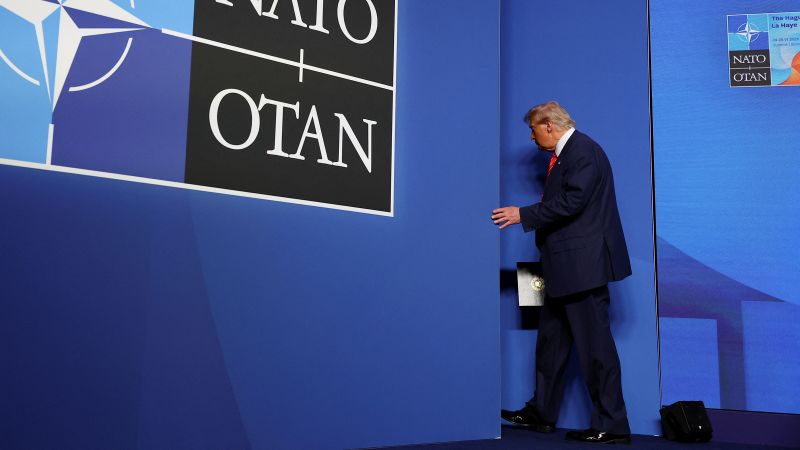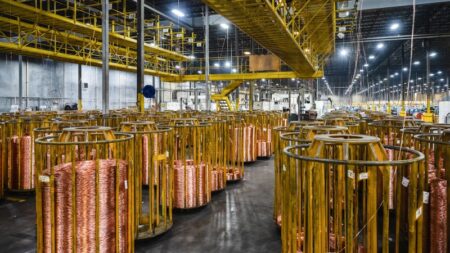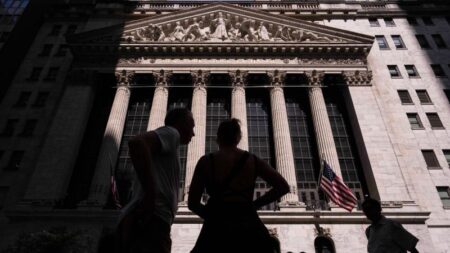In a notable recent escalation of tensions between President Donald Trump and Jerome Powell, the Federal Reserve chairman whom Trump appointed, the president didn’t shy away from voicing his dissatisfaction during a press conference at the NATO summit held in the Netherlands. Trump characterized Powell as having a “low IQ,” labeling him as an “average mentally person,” and more explicitly, claiming he is “very stupid” in his capacity to manage the Federal Reserve. These remarks underline the growing rift between the two, especially as Trump indicated he is considering replacing Powell and has shortlisted a few potential candidates for the job.
The president’s ongoing criticism of Powell has been a consistent theme throughout the year. Trump’s frustration primarily stems from Powell’s reluctance to lower interest rates. He claimed that the Federal Reserve’s policies are costing the federal government an estimated hundreds of billions in interest payments. This dissatisfaction is compounded by the fact that Trump had previously nominated Powell to lead the Federal Reserve in 2017, a decision that comparatively remains one of the few Trump appointees that President Joe Biden chose to retain in his administration. Biden has since renominated Powell for a new term, which is set to expire in May 2026.
When questioned about whether he is actively interviewing replacements for Powell, Trump responded cryptically, suggesting he has narrowed it down to three or four individuals from whom he expects to make a decision soon. He added, with a hint of relief, that Powell’s term is nearing its end, claiming, “I think he’s terrible.” This bold assessment sets the stage for potential shifts in Federal Reserve leadership and policy direction, which could have lasting implications for America’s economic landscape.
Opposing the viewpoint articulated by Trump, Powell has consistently argued that it is premature to consider cutting interest rates. Despite broader consensus among some economists predicting an increase in inflation linked to Trump’s tariffs, Powell maintains that rates should remain steady for now. His statements came to the forefront during a recent hearing, where Powell emphasized that most forecasters anticipate a significant wave of price hikes that will eventually reach American consumers.
Furthermore, there has been a growing chorus from those within Trump’s administration voicing their support for the president’s criticisms of the Fed chair. Commerce Secretary Howard Lutnick echoed Trump’s sentiments, suggesting that Powell’s role is to help Americans by lowering what he described as “absurdly high interest rates” in the upcoming Federal Reserve meeting. Such remarks underline the pressure Powell is facing not only from the president but also from members of his own party.
Meanwhile, the dynamics within the Federal Reserve itself seem to be shifting, as some of Powell’s colleagues have begun to express dissenting views. On Monday, Fed Vice Chair for Supervision Michelle Bowman noted that the potential impacts of Trump’s tariffs on prices might be overstated, advocating instead for a prompt reduction in interest rates to safeguard the health of the labor market. Similarly, Fed Governor Christopher Waller offered his assessment that tariffs would likely result in only a “one-off” increase in inflation, asserting that the Fed could adjust borrowing costs downwards if the anticipated inflation does not materialize.
As discussions continue, Chicago Fed President Austan Goolsbee remarked in a recent conversation that the Fed could indeed lower rates if the tariffs do not lead to long-term inflation. However, Powell has been cautious, warning that any rise in prices stemming from tariffs could necessitate a reevaluation of the current interest rates to avoid reigniting inflation concerns. In a reflection of the Fed’s careful stance, they chose to maintain the benchmark lending rate for the fourth consecutive meeting, illustrating their hesitation to make quick adjustments amid an uncertain economic climate.
Powell’s testimony serves as a sobering reminder of the delicate balance the Federal Reserve must strike in guiding economic policy: “If we make a mistake, people will pay the cost for a long time,” he asserted, highlighting the potential ramifications of altering course too abruptly. The interplay between the Trump administration and the Fed, including both support and dissent from within, paints an intricate picture of the current economic discourse in the United States. The evolving situation continues to attract attention from economists, policymakers, and the public, as all eyes remain fixed on the decisions that will emerge in the coming months.











